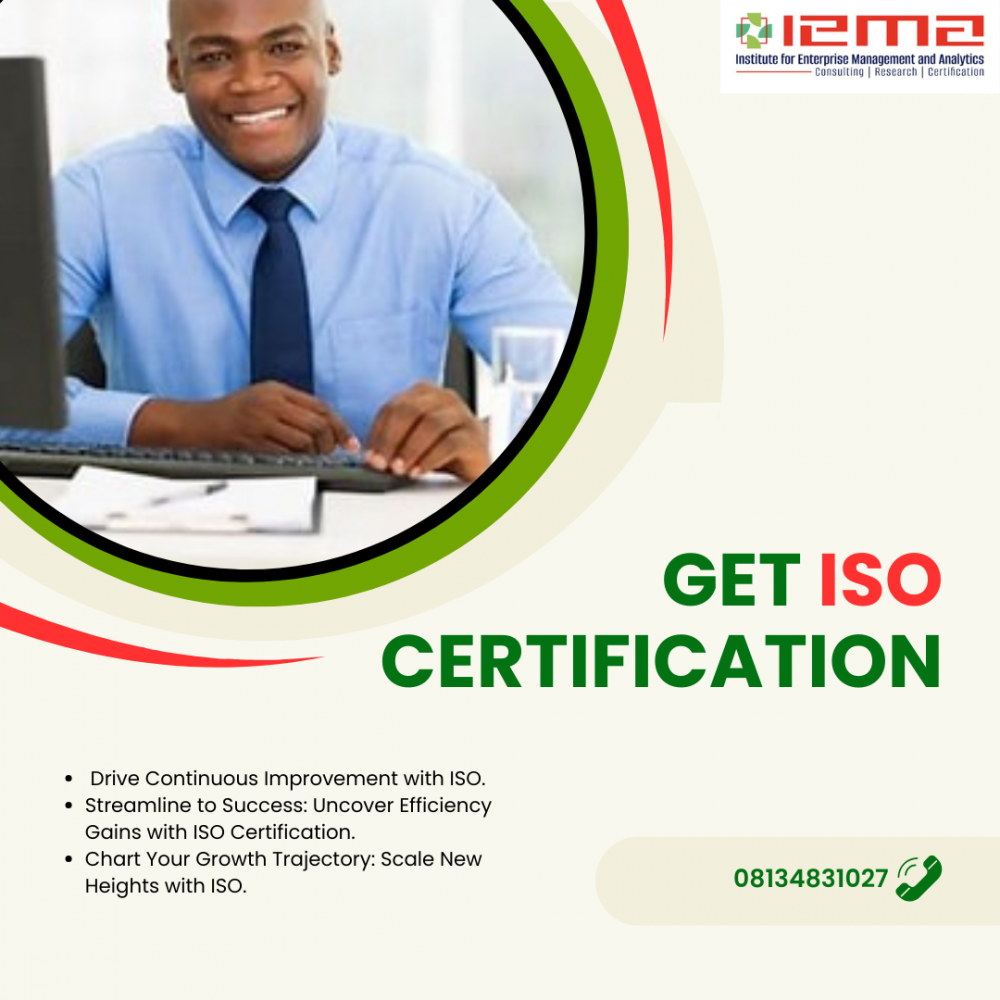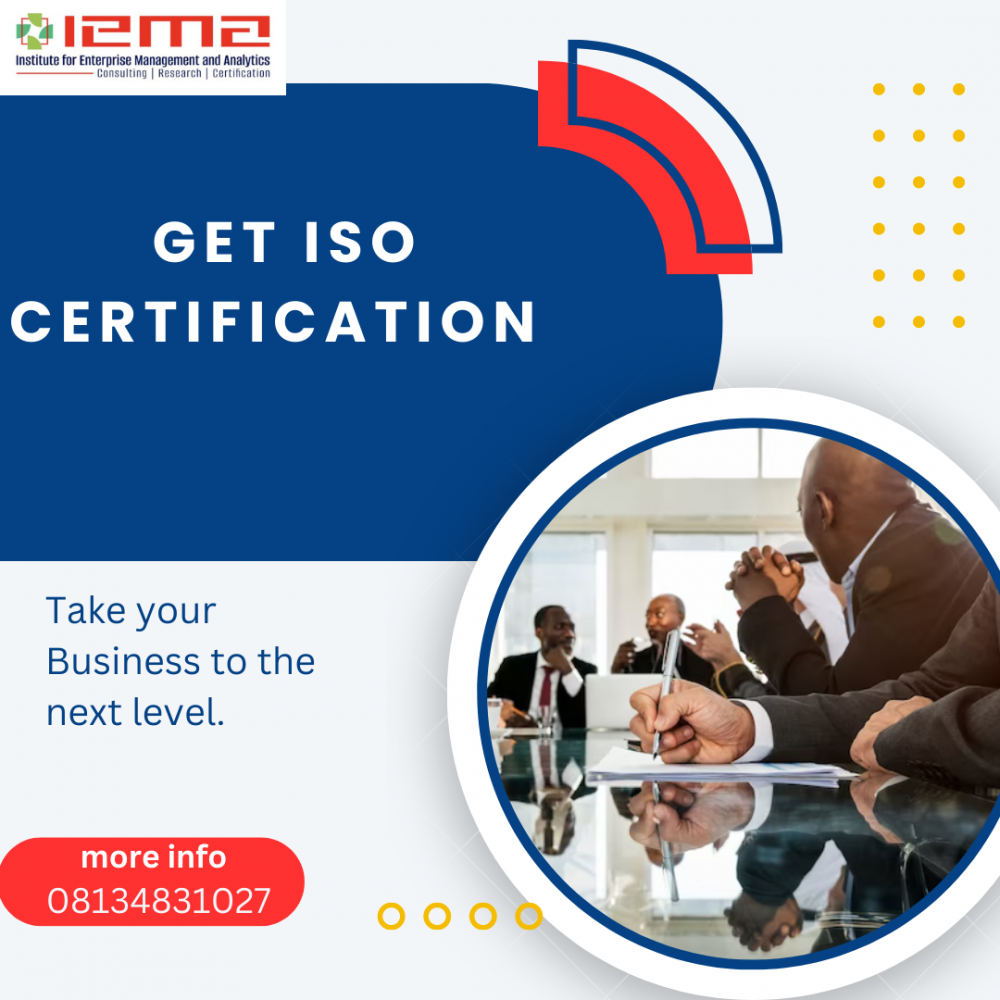Many of the things I’ll talk about today are contained in my book, The Chief Value Officer, which is based on the principle that a CFO today doesn’t sit in his corner office and prepare draft audited financial statements for consideration by an audit committee. He has to consider many things in a value-creation process in a resource-deprived world, and he cannot just focus on the financial. We have changing times, which require changed approaches. The primacy of the shareholder, as if companies operate in the shareholder bubble, was a reality, but it was yesterday’s thinking.
We have moved from short-term profit at any cost—“The sole purpose of the corporation is to make profit without deception or fraud,” Milton Friedman, 1977—to a value creation process in a sustainable manner. We have increased demand for product with a natural declining asset base; that alone leads to a logical conclusion that to carry on business as usual is no longer an option.
THE RISE AND FALL OF SHAREHOLDER PRIMACY
When people in the middle of the 19th century wanted more jobs created, and consequently, wanted wealthy families to provide more risk capital, there was opposition to this by academics, particularly theologians. And one I quote, John Poynder, in 1844 said, “Man cannot create a person. Only the Almighty can do this. Because you’re creating a person that has no soul to be damned and no body to be kicked, and it has no conscience.”
Despite all this, the first statute to create a company with limited liability was in the state of Massachusetts, and then in the United Kingdom. What we had was a person in law, but an artificial one, one without a soul, a mind, or a body, and in fact, completely inanimate, technically immortal, and yet that couldn’t do anything without its directors. And directors became the heart, mind, and soul of companies. When you think about it, that starts giving content to a director’s well-known duties of good faith, clear skill, and diligence. Because wealthy families had provided the capital and many of these wealthy families were directors of companies, the public discourse moved to that they were the owners of the company, a myth that was debunked a couple of decades ago.
There was initially a drive for maximization of shareholder wealth, even at the cost to society and the environment. And I’ve always said in speeches I’ve given around the world that that was the free part of the free economy—that an increase in the monetary bottom line actually happened with a contribution from society and the environment, but there was a focus on one source of value creation, and that was financial capital. This was underscored in the famous corporate case in 1919 of the Dodge Brothers, who eventually became a competitor of the Ford Motor Company. Ford had made excessive profits in 1919, and Henry Ford announced that he was going to increase the wages of his employees so that they could work weekends and work longer hours to meet the demand for his Model T Ford. The Dodge Brothers said, “No, no, no. First of all, you must deal with the primacy of the shareholder. You must declare a dividend to shareholders before increasing the wages of employees,” and the court so declared that Ford was compelled to declare a special dividend before increasing the wages of his employees. Society at the beginning of the 20th century believed in this concept of the primacy of the shareholder, short-term profit at any cost, shareholders are the owners of the company, and success is equated with share price. But that idea of ownership has now been debunked forever. Professor Lynn Stout of Duke University started this debate about 20 years ago, and it culminated in lawyers agreeing that shareholders have no right to possess or use the company’s assets. They can’t manage the business of the company; that’s delegated to the directors, and the directors delegate to management. And, more importantly, shareholders have no duty or responsibility to this artificial person, the company. And if a shareholder is an institutional shareholder, such as a pension fund, then they owe their duty to their ultimate beneficiaries, but not to the company in which they invest.
This resulted in the United Nations’ Principles of Responsible Investment. How does a representative shareholder make a decision to invest in the equity of a company? Is it sufficient just to do financial due diligence?
A New Concept of Value
It was appreciated by the end of the 20th century that we had reached ecological overshoot, and that, notwithstanding population growth plateauing in the [European Union] and in North America, we have a continued growth of population. One out of nine people last night went to bed either hungry or without potable water. We have 7.4 billion people on Planet Earth at the moment, and by 2045, according to the United Nations, we’re going to have 9.3 billion people.
So investors and other stakeholders have started asking: What is a company’s long-term strategy? Does it have a strategy with critical sustainability issues embedded? Then the supply chain became critical. One could do a due diligence of the equity of a company listed on the NYSE, but something could be happening in the supply chain that could destroy value overnight—for example, human rights or child labor issues in the supply chain.
Stakeholder activism became a reality. Civil society started railing against companies that were still following the dictate of short-term profits at any cost. They began asking: How does this company make its money? What is its business model? Does its business model result in negative impacts on society and the environment, but a positive impact financially? Or does it have a business model that takes account of these three contexts in which companies operate, and does it have a long-term strategy that will enhance the positive impacts of its business model, and eradicate or ameliorate the negative impacts? And so, at the beginning of this century, we as directors and accountants tried to communicate this change in value with enhanced business reporting. [Author] John Elkington spoke about the triple bottom line, but agreed eventually that we were very far from being able, from the point of metrics, to report on a triple bottom line, and we would for the foreseeable future continue to report in a single monetary bottom line. But the critical issue was: How does one get there?
Sustainability reporting started on the northeast coast of America, in Boston and Harvard. The first company to do a sustainability report was in fact an American company in Vermont, Ben & Jerry’s ice cream, in 1995. Then, although the concept of sustainability reporting was actually developed at Boston College and Harvard University, [activists] Allen White and Bob Massie came to Johannesburg, and we met and talked about it. I recommended that sustainability reporting should be a listing requirement on the Johannesburg Stock Exchange. It became the first stock exchange in the world to require sustainability reporting as a listing requirement. We were trying to communicate the value the market saw that was not on the balance sheet according to financial reporting standards.
Questions arisng: What are the inputs into a business model? What were the outputs? Did these outputs have an outcome, something that wasn’t really considered? So we started moving from Milton Friedman’s free economy profits to a value creation process. Value today is seen through a value creation lens; it’s no longer looked at just through a financial lens. And this is in fact in the better long-term interest of shareholders.
Keys to Integrated Thinking
Now, you might think I’m just saying this because I am the chairman of the IIRC [International Integrated Reporting Council], one of the thought leaders in the United Nations on integrated thinking. Not so. Research has shown that, over a two-year period comparing 80 companies, 40 had not adopted this process of integrated thinking and doing an integrated report and 40 had. The 40 that did so outperformed the 40 that did not, both bottom line–wise and share price–wise. It is truly a value add.
Should your strategic thinking stop there? The answer is in the negative, because your product or your service goes out into society and has an impact on society. And one of the examples, of course, is Coca-Cola, which spent 100 years focusing on its output and developing its brand until civil society alleged that Coca-Cola was increasing the obesity of children in society. Coca-Cola dealt with that in a responsible manner and started thinking strategically about the outcome of its product in society.
So, integrated thinking is starting to gain traction all around the world. But you need a change in mindset at most boards today. Most boards are still locked into that short-term mindset. That’s why the CFO becomes critical: he or she is the true change maker inside the company. The accountancy profession is one of public interest. And as I said earlier, no CFO today worth his or her salt sits in a corner room and just prepares draft audited financial statements.
Let’s go back to Coca-Cola: 10 or 12 years ago, it started its long-term strategy to reuse, replenish, and recycle water. And today, its long-term strategy is about not directing advertising to children under 12. The CFO has to take account of these things. There is in fact a symphony between the resources used by a company and the relations between this artificial person and its stakeholders. Directors need to know and understand the legitimate needs, interests, and expectations of their stakeholder groups, maybe under the rubric of the six capitals. They need to know what stakeholder expectations are. When they know that, they can develop strategy on a much more informed basis. There should, when one thinks about it, be agenda items at each board meeting on stakeholder relationships, so that when management presents a strategy, the board has an informed oversight instead of a blind one.
EXHIBIT
Growth in Intangible Assets as Part of Company Value. The board should at each board meeting discuss inputs and outcomes; then the board is thinking on an integrated basis, and this seamlessly leads to an integrated report. We’ve moved from share value, to value creation.
Success depends on internal and external outcomes. Of course. you have to have financial returns. You’ve got to service your borrowings; you’ve got to pay your wages. But how you make your money does have an impact on society and the environment, and one has to take account of that.
There are two interrelated aspects of value. Companies need to ensure that they’re creating value not only for themselves, but for other stakeholders, because creating value for those stakeholders results in customers who are able to purchase the product. You actually increase the quality of life.
I’ve shown my image of an octopus around the world. We at the IIRC cannot change the laws in any jurisdiction in the world. [Editor’s Note: See “Transforming Integrated Reporting into Integrated Information Management,” page 7 of this issue.] If we were conducting business in Spain and listed on the Madrid Stock Exchange, there are six kinds of reports you have to do; those are the arms of the octopus. What the board has to do is not leave it to the company secretary to make up the annual report. I have chaired companies listed on the London Stock Exchange, in Europe, and South Africa. When something has happened and the annual report has been reported on, I turn to a member of the board, and I say, “What did we say about that again in the annual report?” Nine times out of ten, I get a glazed look in the director’s eyes. But turn to the company secretary, and she knows immediately what’s in that annual report. Why? Because she put it together.
An integrated report requires the board to actually apply its mind to this massive information that we’re receiving today, to take it out of the incomprehensible language of FASB-speak and GRI [Global Reporting Institute]-speak and put it in ordinary, clear, concise, and understandable language. Because when you look at a profile of the great shareholders of today, you will find that they are pension funds, superannuation funds, insurance companies. Those companies obviously don’t invest their own money. So the board has to spend more time understanding and then explaining information in clear, concise, and understandable language so the reader can make an informed assessment. The CFO has to become a chief value officer. He is the true change maker inside a company.
Better Governance for the 21st Century
There are three shifts underway in the world today. We’ve moved from a financial capital markets system to an inclusive capital markets system, taking account of impacts not only economically, but socially and environmentally. We’ve moved from silo reporting to integrated reporting. We’ve moved from the plague of short-term profit to sustainable capital. We have to—otherwise, I’m afraid we won’t have a sustainable planet. We need these changing approaches because of increased population and diminished natural assets.
The CFO has to become a chief value officer. He is the true change maker inside a company. Two years ago I posed the question, “Can accountants save the planet?” I believe they can, and the rule of law is absolutely critical. Companies do not operate in a shareholder bubble. I was fascinated when Warren Buffett and others issued what they called their common-sense principles of corporate governance. I responded to it, to show that it was still very shareholder-centric, and we needed to be multi-stakeholder–centric, and governance cannot continue to be a grudge compliance issue and mindless checklist issue. It’s got to be mindful. The board is to serve as the focal point. Their skills, experience, and diversity are necessary to discharge their governance role. The board should ensure that the valuation results in improved effectiveness, and so should be done biannually, not annually. The board should ensure that appointment and delegation to management is done under the effective exercise of its authority and responsibility, and with adequate and effective controls and oversight. You’ve got to govern risk so that you can achieve your strategic objectives. You’ve got to govern technology and information.
The board should cover compliance with applicable laws. The board should ensure that the company remunerates fairly, responsibly, and transparently. The board should ensure that its assurance services and functions enable an effective control environment, both internally and externally. In the execution of its governance role and responsibilities, the board should adopt a stakeholder-inclusive and company-centric approach that balances the needs, interests, and expectations of material stakeholders in the best long-term interests of the company. What should your vision be? It must be a stakeholder-centric governance model that moves away from yesterday’s primacy of the shareholder.
We have to move to an inclusive, stakeholder-centric model. We have to look at the basic good governance principles, which I’ve gone through with you, to achieve four outcomes: effective leadership with an ethical culture, value creation in a sustainable manner, adequate and effective controls, and trust and confidence in the legitimacy of the company’s operations. We don’t need this mindless tick-box approach to governance with 80 or 90 rules. It’s about quality, not quantity. We learned that lesson, or should have learned that lesson, with Enron. If the principles are practiced and the four outcomes are achieved, then it can be said that you have practiced good governance.
We need this to build a bridge of trust between Wall Street and Main Street. As you all know, there’s a falling trust and confidence in the business world. What is needed are corporate governance principles that command support from business, capital markets, and society. And if you achieve those four outcomes, you will have that.





Leave a Reply